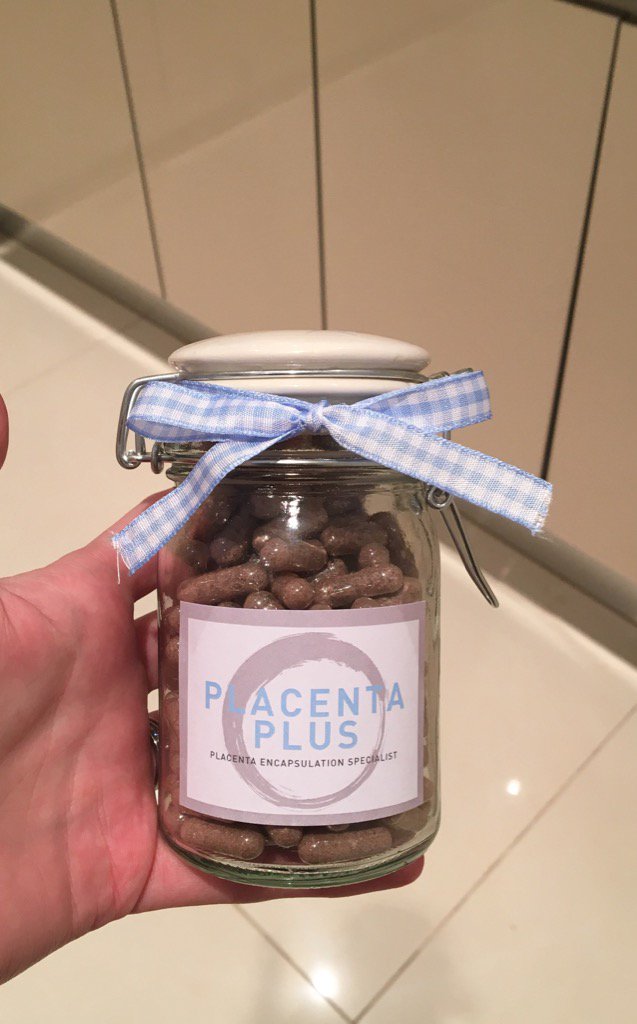
Women are now eating their placenta From
rumoured health benefits to how it tastes, experts reveal the truth about the
after-birth trend Celebrities
around the world are eating their own placenta after giving birth. Kim and Kourtney Kardashian claim to have done it - as have
Alicia Silverstone and January Jones.
Now, Coleen Rooney, wife of UK football player Wayne Rooney,
has admitted that she is also eating her own placenta in the form of pills
she's made from it.
Mrs Rooney's pills came from a Liverpool-based company
called Placenta Plus.

The company's ‘placenta encapsulation specialist’ converts a
mother’s placenta in capsules.
Placenta Plus claims it helps ‘mothers recover from birth
with the most natural remedy around’.
They claim the benefits include ‘a quick healthy milk
supply, prevent post-natal depression, and balances hormones’.
However, to have Placenta Plus convert your placenta into
capsules can set you back by £200 ($286)

BUT WHAT DO THE EXPERTS SAY?
Dr Gabrielle Downey, consultant gynaecologist at BMI hospital and Sutton
Medical Centre Birmingham responds.
Dr Downey said: ‘Placenta contains protein and iron and in
fact, has a super-rich blood supply’.
In fact, placenta can help to replace the iron in your
blood.
‘You lose
blood at delivery and the placenta acts as a natural replacement of iron,’ said
Dr Downey

ARE THERE DANGERS?
‘Eating placenta won’t do you any harm, because anything in
the placenta has already come from the mother,’ she explained. Is there anyone that shouldn’t eat their own placenta,
then?
‘If the mother has a temperature, or fast heart rate, it
could be a sign she has an infection in which case eating the placenta wouldn’t
be helpful,’ advises Dr Downey.
‘If you have an infection in the membranes of the placenta
it could make the infection worse.’
In fact, Dr Downey has had many patients that have eaten
their own placentas, often.
‘When I was working at Queen Charlotte’s hospital in
Chelsea, London, we often had patients taking it home in a bag to fry it up and
consume it.’
SO WHAT DOES IT TASTE LIKE?
She said: ‘A bit like liver.’
But Azmina Govindji, registered dietitian and spokesperson
for the British Dietetic Association, wrote in a blog post that there’s no
real proof of the benefits – or the dangers.
Ms Govindji wrote: ‘There was nothing in the research that
pointed to [eating your own placenta] being good for you – but there was none
that confirmed it was harmful either’.
Still, she does admit placenta contains important nutrients
for the mum.
‘The placenta
is rich in protein, vitamin B12 and iron but you can get these nutrients from
red meat and liver

WHAT ARE THE BENEFITS?
As for the science, it seems there’s no real proof that
eating your own placenta has any benefits.
A study published in June 2015, in the Archives of Women’s
Health analysed the results of 10 previous research papers looking at the
benefits of eating your own placenta.
It concluded that there’s no evidence showing that it will
offer any benefits.
Royal College of Midwives director for midwifery, Louise
Silverton, commented that because of the lack of evidence regarding the
benefits of eating the placenta ‘there may be potential dangers in doing so and
it must be the woman’s choice if she chooses to do so
But if you’re going down the fresh route rather than opting
for pills like Coleen, be aware that it has a shelf life.
Ms Silverton said: 'Women should be aware that like any
foodstuff, placentas can go off, so care will be needed about how they are
stored.
‘If
a woman is intending to do this, they should discuss it with their midwife
ahead of their birth so arrangements can be made to ensure she gets her
0 comments:
Post a Comment
Please insert your comments here